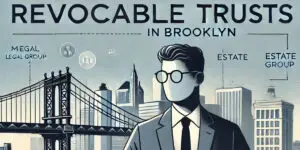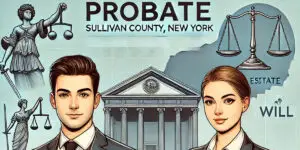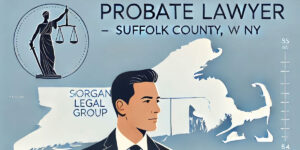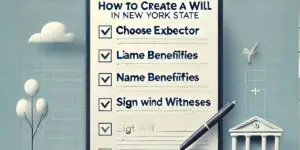President Biden’s arrangement increases government rates to end a standard that has been a foundation of home getting ready for ages of rich high society Americans. This sort of progress builds the rates and burdening resources as though sold when somebody bites the dust which would overturn the expense systems of the most extravagant families in the country. The president’s arrangement would bring back benefits the public authority provided for the less rich who’ve been saved from the bequest charge however could confront these assessments at death.
More than 66% of all U.S. families have some undiscovered capital increases, as indicated by the Federal Reserve, however most would be covered by the $1 million exclusion. For families in the top 10%, with a middle total assets of $2.6 million, middle undiscovered additions are $519,000.
The Biden proposition would explode a few longstanding assessment ideas: That capital additions merit a lower charge rate than compensation and that individuals can acquire old resources without settling capital-gains charges. Liberals and their partners say those highlights of the duty framework, be that as it may, are unjustifiably shifted to the exceptionally rich.
Beneficiaries need to pay such duties just when they sell and just on the increase since the earlier proprietor’s demise. The arrangement is known as the tax-exempt move forward in premise and has been essential for the duty code since the Revenue Act of 1921. It saves citizens more than $40 billion per year, as per the legislative Joint Committee on Taxation; the Biden proposition would reclaim a portion of that.
The move forward in premise is isolated from the home duty, which depends on total assets at death, not simply liked additions. It has a $11.7 million for every individual exception. Adversaries of Mr. Biden’s arrangement caution of steep joined rates on individuals hit by both charges.
The proposition additionally expresses that it will have vague “insurances” so family-possessed organizations and homesteads will not owe charges assuming beneficiaries keep on maintaining the business. This could be moving for resource proprietors to sort out their duty premise, which is the thing that they paid for the property and put resources into it.
FAQ
- What do estate planning attorneys do?
Estate Planning Attorneys guide you to perfect your Will once you have it drafted. They’ll give you top legal security towards all your legal finances like 401K and retirement with a Trust fund which you can leave with your attorney or someone within the family. An estate planning attorney can also provide health care in the future when you need it. There will also be suggestions provided to make sure the probate process is within your value range. With all this legal help, you’re guaranteed a successful plan
2. How much does a will cost in NY?
A usual Will can cost you about $1200 but with an estate plan package, it’ll be around the same price range or even less with a good estate lawyer. Then that can be much cheaper up too $300 to $1000 depending on your situation.
3. Irrevocable Trust vs Living Trust, what’s the difference?
An irrevocable trust is a trust that you cannot modify. This is a Trust that is guaranteed of the choices you’ve written down across your estate plan. It’s also official that the person written down as your truster is your rational choice that can’t be changed. A Living Trust is a trust that you can make while you’re alive and still be able to manage your assets while having a back up representative in case something hazardous does happen.
4. What are probate fees?
After the probate process, the price varies depending on which city or state you’re from. There’s hourly wages from either $150 an hour to $200.
5. Can I make an estate plan alone?
You are allowed to make your own estate plan but this would have you leave any significant amount of errors if it isn’t viewed by an actual lawyer. So making your own estate plan might be an invalid one if not looked over.
6. What is probate lawyer?
A probate lawyer works with the decedent’s executor and beneficiaries listed on your Will to help those who need your finances. This can be avoided if you have a trust. A trust is a secure account under your name that legally requires you to hold all your money and a representative that has been written down ahead of time. Whoever it may be, it’s already been planned that this person would be managing your assets and estate.
7. How do you change irrevocable trust?
The only way for you to change a irrevocable trust is by contacting all the beneficiaries listed onto saying what needs to be modified with a good reason.
8. What is a Totten Trust Form?
This is a trust form that allows you to avoid probate due to already assigning a beneficiary after your name.









